Table of Contents
ToggleThe Importance of Grade A Fire Alarm Systems in the Hospitality Industry
Prioritizing Guest Safety and Compliance
As an expert in fire alarm installations, I recognize the paramount importance of robust fire safety systems within the hospitality industry. Hotels, resorts, and other accommodation establishments must prioritize the safety of their guests and staff. In this comprehensive blog post, we’ll delve into the specifics of Grade A fire alarm systems and explore why they are indispensable for hotels.
1. Detecting Fires Early: The Addressable Advantage
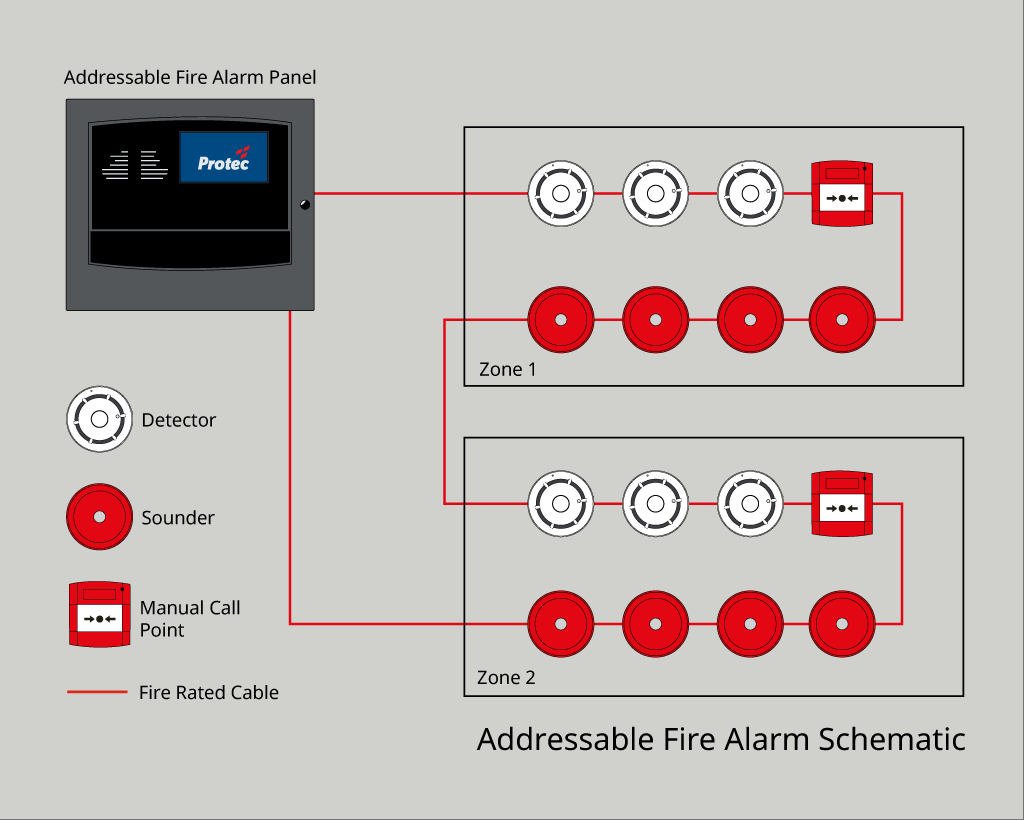
Addressable Technology: Precision Matters
Grade A fire alarm systems go beyond the basics—they are sophisticated and comprehensive. Let’s explore why:
- Addressable Technology: These systems utilize addressable technology, where each device (such as smoke detectors, heat sensors, and manual call points) has a unique address. This allows for precise identification of the location of a fire or fault. Early detection is crucial because it provides occupants with valuable time to evacuate safely.
Zone Identification and Localization
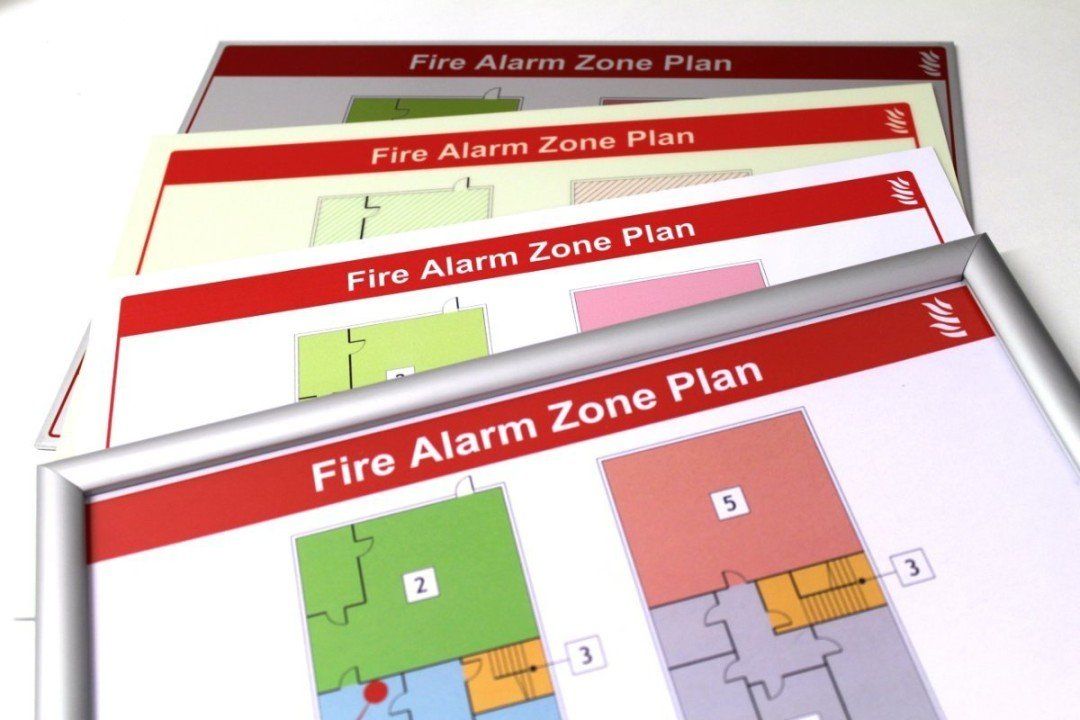
Addressable systems divide the building into zones, each with its own address. When a fire event occurs, the system pinpoints the exact zone, enabling swift response by emergency personnel. For hotels, this means quicker evacuation and reduced damage.
2. Alerting Occupants Effectively: A Timely Wake-Up Call
Audible and Visible Alarms
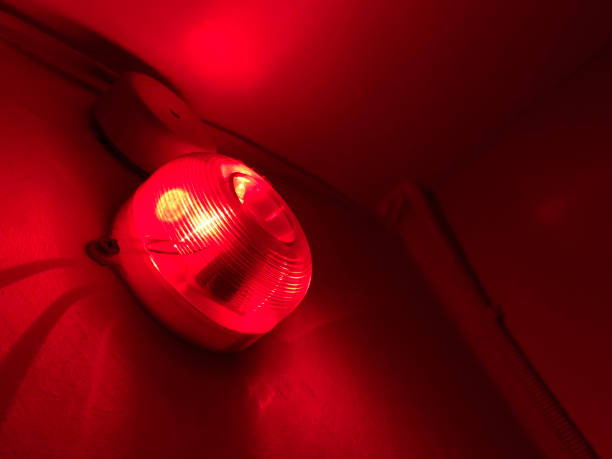
Imagine a scenario: It’s the dead of night, and guests are sound asleep in their cosy hotel rooms. Suddenly, a fire breaks out in the kitchen. Without a reliable fire alarm system, precious minutes could be lost before anyone realizes the danger. Grade A systems ensure that:
- Audible Alarms Activate: Throughout the building, alarms emit loud, unmistakable sounds, alerting everyone. Whether guests are in their rooms, the lobby, or the spa, they’ll receive timely warnings.
- Visual Alarms: Strobe lights complement audible alarms, ensuring that even guests with hearing impairments are alerted promptly.
3. Preventing False Alarms: A Tranquil Stay
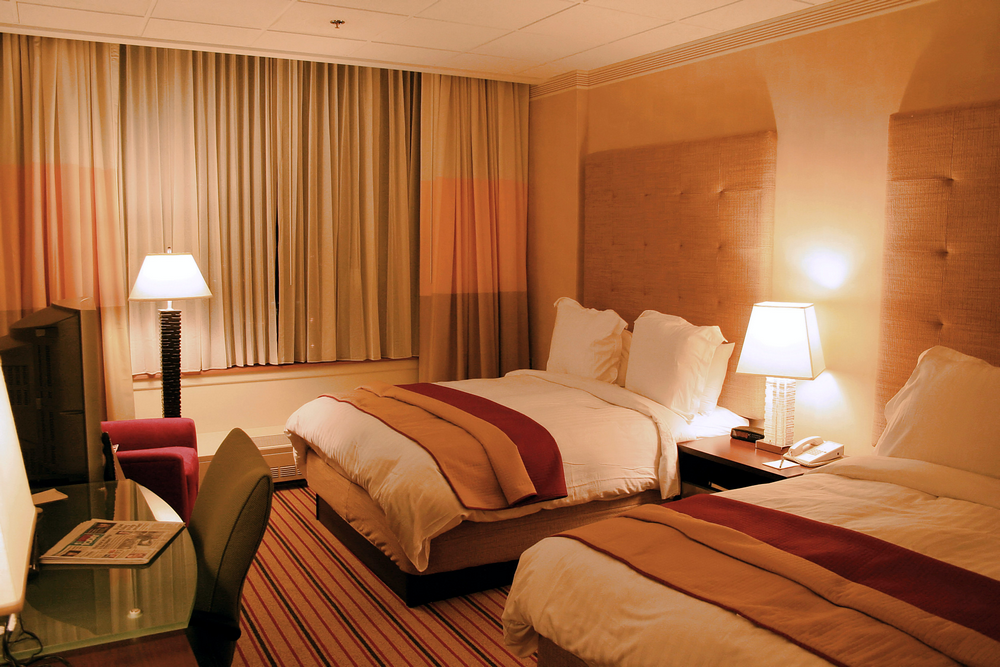
Discrimination and Minimization
False alarms disrupt the tranquillity of a hotel stay. Guests don’t want to be roused from their slumber or interrupted during a relaxing spa treatment due to a false alarm. Grade A systems are designed to minimize false activations:
- Smart Discrimination: These systems can differentiate between steam from a hot shower and actual smoke. Educating hotel staff about common causes of false alarms—such as leaving bathroom doors open while showering—helps maintain system integrity.
4. Supporting Controlled Evacuations: Orderly Exit Routes
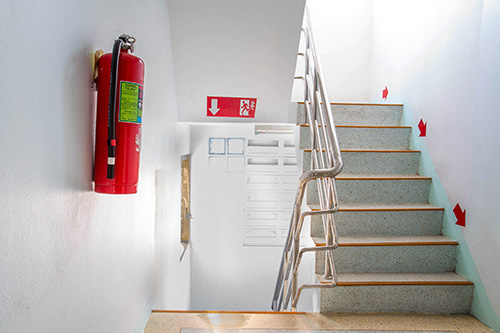
Clear Instructions and Emergency Lighting
In an emergency, orderly evacuations are critical. Grade A fire alarm systems facilitate safe and controlled evacuations:
- Clear Instructions: Hotel staff receive precise information on where the fire is located, allowing them to guide guests to designated assembly points. Panic is minimized, and everyone exits the building efficiently.
- Integrated Emergency Lighting: These systems work in tandem with emergency lighting, ensuring visibility even in low-light conditions. Guests can navigate exit routes confidently.
5. Compliance and Legal Requirements: No Room for Compromise
British Standard BS 5839
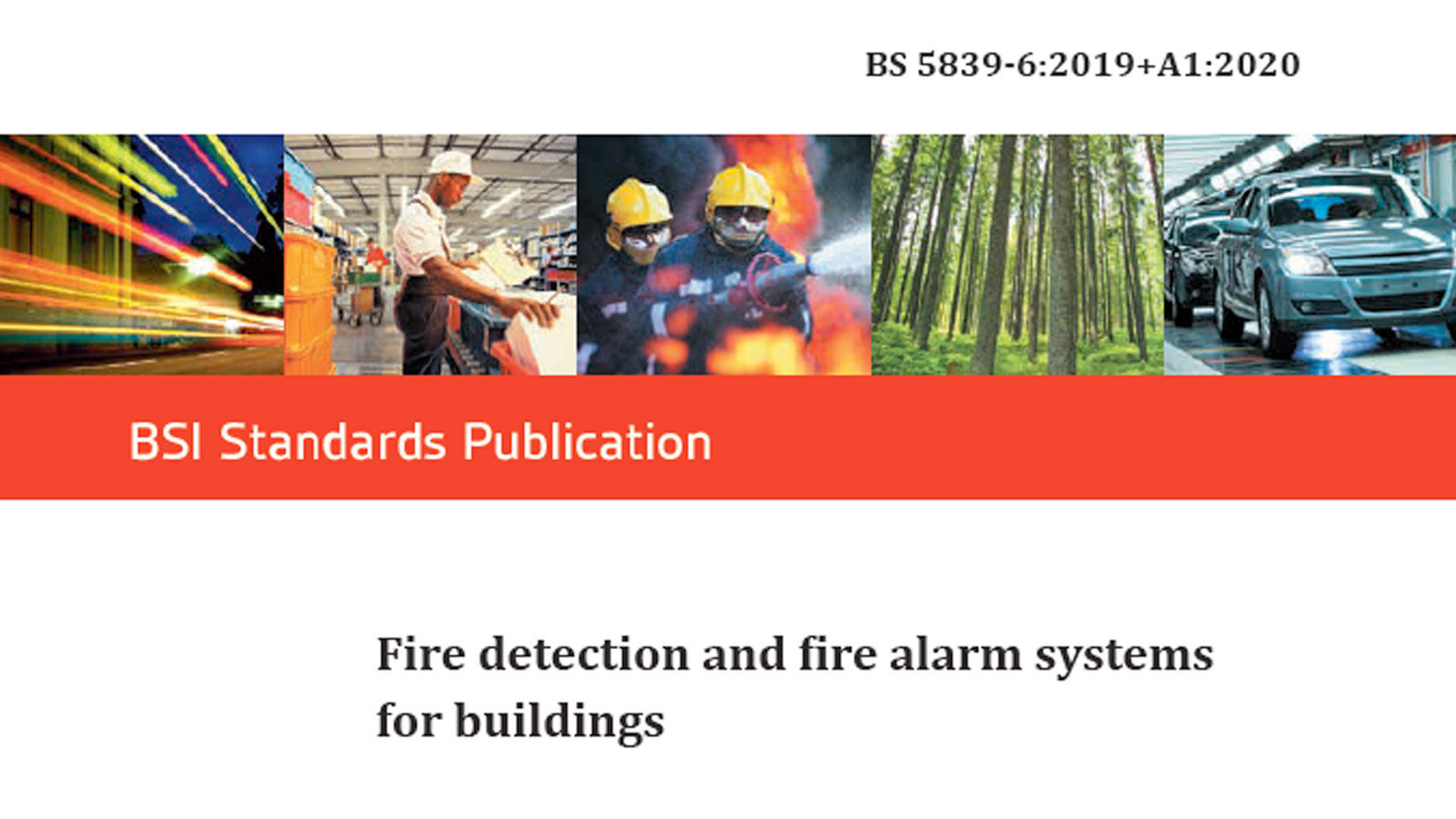
Hotels are legally obligated to comply with fire safety regulations. Grade A systems align with British Standard BS 5839, which specifies the requirements for fire detection and alarm systems. Key aspects include:
- Regular Maintenance: Scheduled inspections and testing are essential to keep the system functioning optimally.
- Staff Training: Hotel staff should be well-versed in emergency procedures and system operation.
- Record Keeping: Detailed records of maintenance and testing activities demonstrate compliance.
Failure to comply can result in fines, legal liabilities, and reputational damage.
Conclusion: Lifelines, Not Mere Systems
Grade A fire alarm systems are not just a box to tick; they are lifelines that protect lives and property. As responsible hoteliers, investing in these systems ensures guest safety, regulatory compliance, and peace of mind. Remember, a well-maintained fire alarm system is like an invisible guardian—always vigilant and ready to respond when needed.
So, whether you manage a boutique hotel, a sprawling resort, or a charming bed-and-breakfast, prioritize fire safety. Your guests deserve nothing less.
Stay safe, stay compliant, and keep the flames at bay.
For more information on fire alarm systems and safety, visit Pulsar Vertex Fire & Security.1
Disclaimer: This blog post is for informational purposes only. Always consult with a certified fire safety professional for specific advice related to your establishment.
References:

